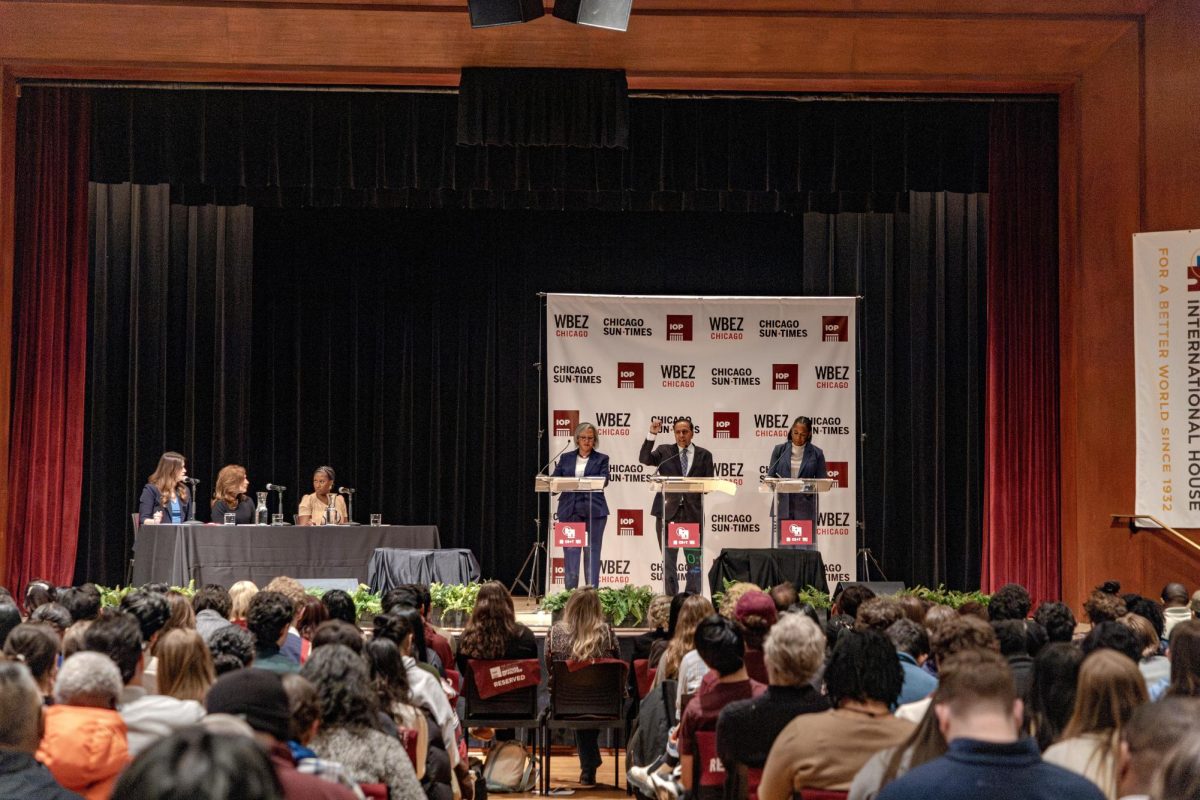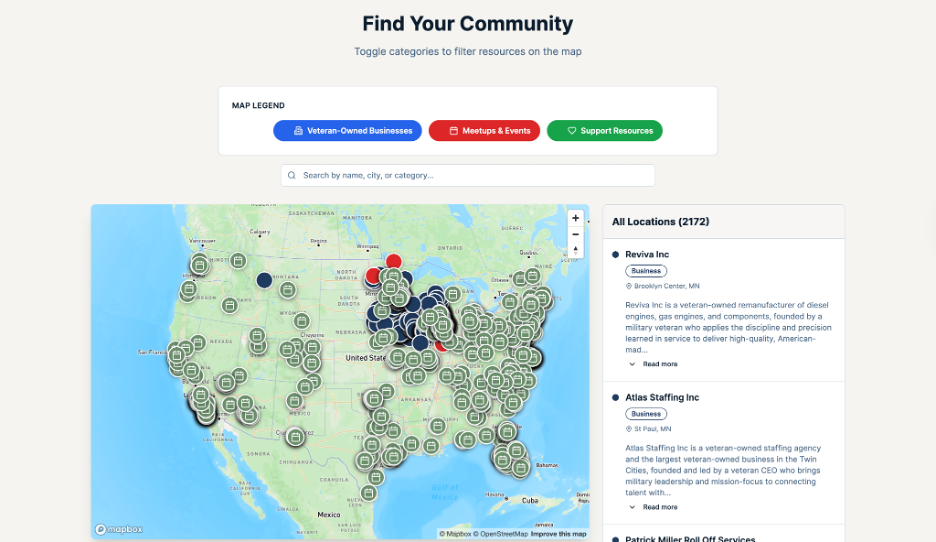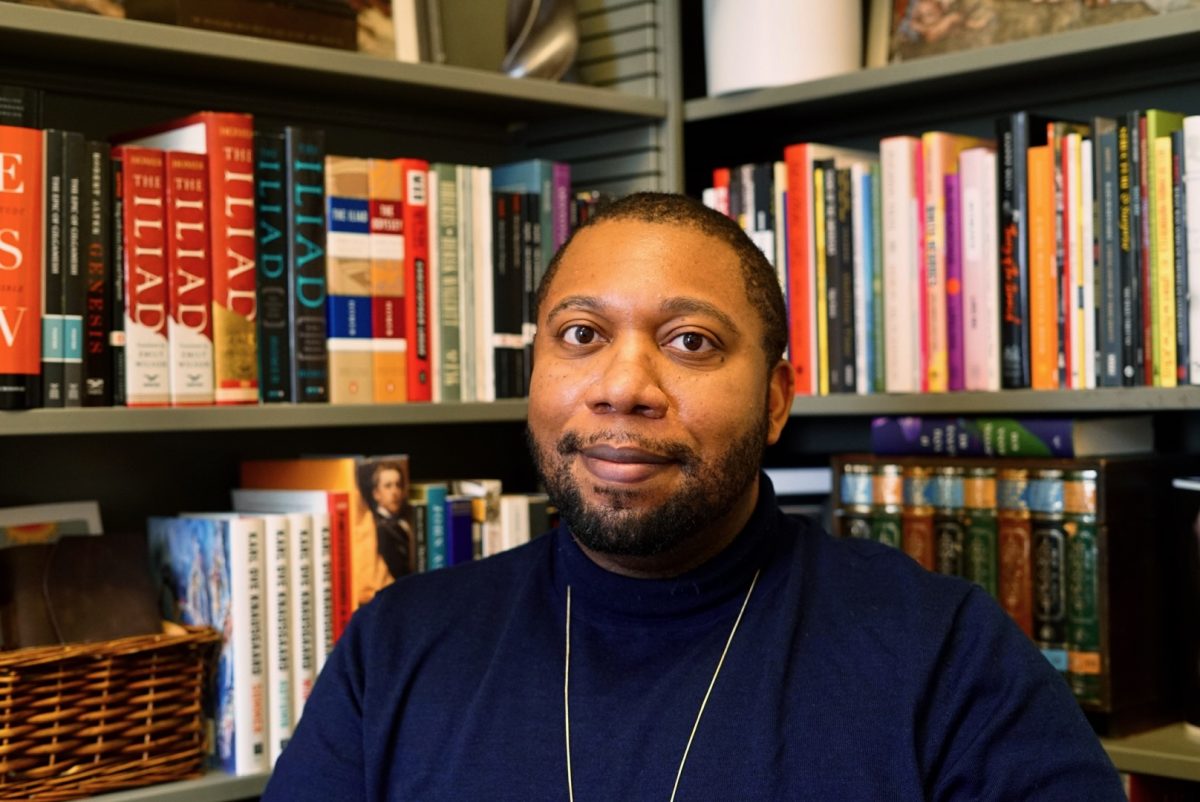Popular Science magazine recently honored University of Chicago Associate Professor Jack Gilbert as one of the country’s “Brilliant 10” young scientists.
The 15th annual awards list recognizes Gilbert for his research on microbial organisms and their surroundings. Popular Science also noted his devotion to making an impact on the world and improving human lives from his research.
The diversity of microbial ecology allows Gilbert to explore many different areas within his field of research. He studies microorganisms in the soil as well as bacteria at crime scenes for forensic evidence.
“One key interest I have is whether there are universal principles that govern ecological interactions,” Gilbert wrote in an email.
Stationed at the Argonne National Laboratory, Gilbert and his team currently oversee 43 ongoing studies. His projects include collaborations with many researchers both within and outside of the University of Chicago.
Gilbert will continue his research in hopes of applying it to other fields. “I hope to also influence the world by determining whether we can manipulate microbial communities in predictable ways to influence human health, food security, energy production, and many other facets of importance to humanity,” he wrote.
The prospect of his emerging research—efforts to use medicine to improve gut health and, indirectly, mental health—excites Gilbert.
“One of my key research fields, which we are currently developing, is looking at bacteria associated with autistic patients and people who have depression,” he said. “This is of particular interest because mental illness and neurodevelopment conditions are at epidemic levels in our society and discovering ways to influence this through your diet or the use of probiotics, could have a truly transformative influence on society.”
Gilbert sees Popular Science’s recognition as a chance to promote interest among young people in science.
“I am also honored to be acknowledged by the public as having made a contribution. Scientific outreach, especially in STEM and for young people, is a real passion of mine, and I am very keen to do whatever I can to inspire young people to take a career in STEM,” he wrote.
Gilbert would have missed his true passion had he not kept an open mind. He started out as an entomologist, but switched to microbiology when he was offered an opportunity to conduct research in Antarctica for 18 months and subsequently complete a Ph.D. within the discipline.
“It was an awesome opportunity, and I jumped on it. Through my Ph.D., I got hooked on microbiology, moved into marine microbiology and then ended up diversifying infinitely. To be honest, bacteria are just such awesome organisms, capable of incredible things, and they are among the smallest organisms having the largest impact!”








